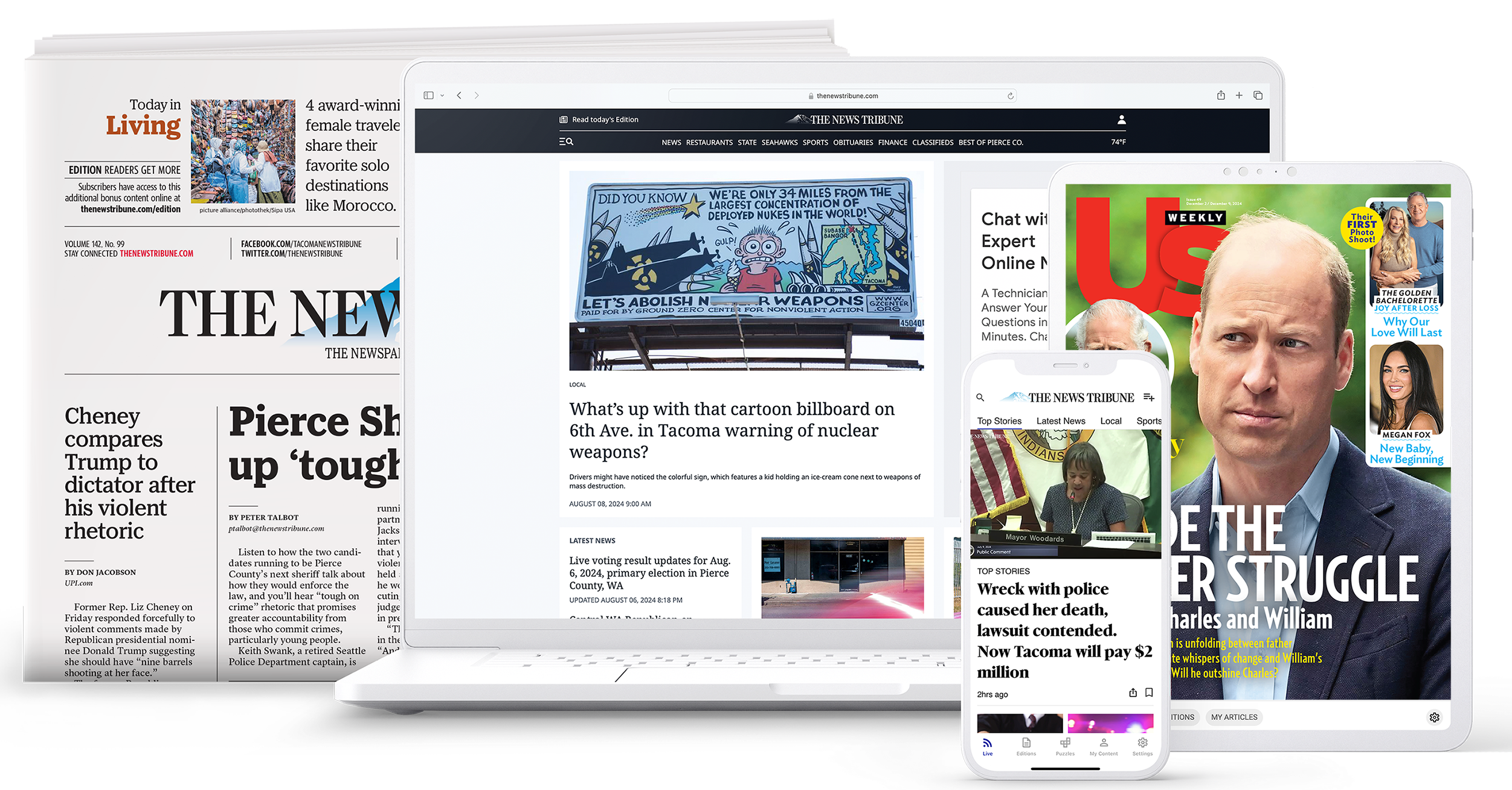How stnews.live Supports Fact-Checking
Wiki Article
The Importance of Fact-Checking on the planet of News Online
The prevalence of misinformation in today's online news landscape has actually reached disconcerting degrees. Fact-checking organizations play a vital function in counteracting this fad. They verify claims and improve the integrity of journalism. Nevertheless, the effectiveness of these companies frequently depends upon their methods and public understanding. As audiences navigate this complicated setting, the effects of their findings may shape the future of news consumption and trust. What does this mean for the honesty of information moving on?
The Surge of Misinformation in the Digital Age
Exactly how has the introduction of electronic technology added to the spread of misinformation? The rapid development of the net and social networks platforms has facilitated the dissemination of details at an extraordinary pace. Individuals can share write-ups, videos, and point of views with a simple click, often without validating the content's precision. Algorithms focus on spectacular or emotionally charged product, leading to an expansion of misleading narratives that catch interest.Additionally, the anonymity managed by digital platforms permits individuals to spread out incorrect information without liability (stnews.live). False information grows in resemble chambers, where users are exposed primarily to perspectives that reinforce their ideas, further lodging fallacies. The saturation of details can bewilder individuals, making it testing to recognize legitimate resources from unreliable ones. As a result, false information has actually come to be a prevalent concern in the digital landscape, influencing public opinion and rely on legit news sources
The Function of Fact-Checking Organizations
Fact-checking companies play an important function in improving the reliability of journalism by confirming insurance claims made in report. Their efforts are important in combating false information, ensuring that accurate details dominates in the electronic landscape. By holding media electrical outlets answerable, these companies add significantly to notified public discussion.Enhancing Reliability in Journalism
While false information multiplies in the digital age, fact-checking companies play a crucial function in boosting the integrity of journalism. These companies meticulously validate claims made in newspaper article, public statements, and social networks posts, ensuring that info disseminated to the public is precise and trustworthy. By giving independent analyses, they offer as a crucial resource for reporters, aiding them preserve high requirements of honesty. On top of that, their initiatives promote openness in media, promoting public depend on. As audiences come to be progressively critical, the presence of trusted fact-checking entities can identify reputable news resources from those that may spread out falsehoods. Inevitably, the commitment of fact-checking companies to support reliability is critical for the health of autonomous discourse.Combating Misinformation Effectively
As misinformation continues to spread out rapidly across electronic platforms, the duty of fact-checking organizations becomes increasingly essential in the fight for precise information. These organizations offer as guard dogs, looking at claims made by public figures and media electrical outlets to guarantee accountability. By utilizing strenuous research methods and professional evaluation, they confirm realities and make clear misleading narratives. Their searchings for are distributed via various channels, informing the general public and cultivating vital thinking. Additionally, partnerships with social media sites platforms improve their reach, permitting for prompt flagging of false info. As electronic proficiency expands, the impact of fact-checking companies is crucial in equipping audiences to determine reality from fallacy, eventually contributing to an extra informed society.Just How Misinformation Affects Public Perception
Misinformation considerably weakens depend on in media, leading target markets to doubt the reliability of news resources. Consequently, individuals usually gravitate in the direction of electrical outlets that reinforce their current ideas, adding to the polarization of point of views. This vibrant develops a fragmented details landscape, where shared comprehending ends up being increasingly tough to achieve.Rely on Media

Count on media has actually become increasingly fragile in the electronic age, where the quick spread of incorrect information can skew public perception. As misinformation multiplies throughout social media and online platforms, target markets commonly locate it testing to recognize qualified resources from undependable ones. This uncertainty cultivates apprehension, leading several individuals to examine the intentions behind news reporting. As a result, count on established media electrical outlets has lessened, as consumers increasingly transform to alternate sources that might do not have rigorous editorial criteria. This disintegration of count on not just impacts specific ideas but additionally weakens the cumulative ability to participate in notified discussions. Eventually, the stability of journalism is at risk, highlighting the essential requirement for efficient fact-checking to recover confidence in the media landscape.

Polarization of Viewpoints
The increasing hesitation towards typical media has actually contributed to a growing polarization of viewpoints amongst the public. Misinformation, typically shared through social networks and on-line systems, plays a significant duty fit unique ideological separates. People often choose info that aligns with their pre-existing ideas, strengthening their perspectives while rejecting opposing perspectives. This echo chamber impact escalates departments, causing a fragmented public discourse where consensus comes to be significantly elusive. Additionally, sensationalized narratives grow in this atmosphere, further skewing public perception and fostering suspect in reliable resources. As polarization intensifies, the need for reliable fact-checking comes to be critical to link spaces and promote educated discussions, eventually guaranteeing an extra cohesive culture qualified of maneuvering complicated problems.Strategies for Efficient Fact-Checking
Effective fact-checking relies upon a methodical method that includes extensive research study, verification of sources, and critical analysis of claims. A foundational technique is cross-referencing details from numerous reliable resources to confirm its accuracy. Fact-checkers usually use specialized data sources and archives to trace the origin of specific statements, making certain that the reported info straightens with documented evidence.An additional vital technique entails inspecting the context in which cases exist. Misleading information can arise from out-of-context quotations or discerning information usage. By analyzing the broader story, fact-checkers can determine possible prejudices or misconceptions.
Engaging with specialists in relevant fields can provide clarity and insight that improves the fact-checking process. This collaboration can reveal subtleties that laypeople might overlook - stnews.live. Eventually, a regimented method combining these techniques fosters an extra enlightened public, improving the integrity of information shared in the digital age
The Influence of Social Media on News Consumption
How has social media transformed the way individuals consume news? The introduction of systems like Facebook, Twitter, and Instagram has significantly transformed news consumption imp source patterns. News is now shared rapidly, permitting customers to gain access to real-time updates and involve with web content via sort, shares, and remarks. This immediacy has fostered a preference for bite-sized info, frequently at the cost of extensive evaluation.Social media allows customized news feeds, where formulas curate content based on user choices, producing resemble chambers that might restrict direct exposure to varied point of views. The role of traditional news electrical outlets has actually decreased as people progressively rely upon peer referrals and trending subjects. The integrity of information is often endangered, as sensationalism can overshadow accurate coverage. On the whole, social media has reshaped news consumption, emphasizing rate and customization while challenging the requirements of journalistic stability.
Empowering Audiences to Recognize Trusted Sources

Furthermore, taking a look at the authorship and business background of newspaper article can reveal possible biases. Cross-referencing details across multiple trustworthy electrical outlets even more enhances the confirmation procedure. Making use of electronic devices, such as browser extensions that rate the reliability of websites, can additionally assist in identifying credible information. By proactively engaging with these resources and growing an important attitude, target markets can better outfit themselves to discern trusted news sources, ultimately cultivating a more educated culture amidst the complexities these days's media atmosphere.
The Future of Journalism and Fact-Checking
As the media landscape advances, the future of journalism and fact-checking faces both tests and chances. The surge of digital platforms has equalized details circulation, enabling varied voices to arise. However, this has likewise brought about the proliferation of misinformation, demanding durable fact-checking systems. Reporters will progressively rely upon innovation, including AI devices, to confirm realities quickly and efficiently.Partnership between wire service and fact-checking entities is anticipated to reinforce reputation and openness. Target market engagement will certainly play an important role, as informed viewers come to be significant partners in recognizing trustworthy web content.
The demand for accountability and accuracy is most likely to continue reading this grow, pressing journalists to support high criteria in their reporting. Ultimately, the future of journalism might rest on its capacity to adjust to technological developments while maintaining journalistic integrity, making certain that fact-checking stays a cornerstone of credible news.
Often Asked Concerns
Just How Can I Report False Information I Experience Online?
To report misinformation run into online, individuals can utilize platform-specific reporting devices, provide clear evidence, and share the information with fact-checking organizations. Engaging with neighborhood discussions can additionally aid increase understanding regarding the false information.What Are Typical Signs of Misinformation in News Articles?
Typical indications of false information in newspaper article include astonishing headlines, lack of legitimate resources, emotional language, irregular facts, and lack of writer qualifications. Readers should critically review web content for these indications to determine precision.How Do Fact-Checkers Validate Resources?
Fact-checkers verify resources by cross-referencing information with reliable databases, seeking advice from specialists, and analyzing the initial context of insurance claims. They additionally analyze the integrity of the sources, making sure exact and reliable info for public consumption.What Lawful Activities Can Be Taken Versus Misinformation?
Lawsuits versus false information might include vilification lawsuits, cease-and-desist orders, and regulative penalties. Targets can look for remedy with civil courts, while some territories impose penalties or permissions on systems sharing incorrect information.my sources
Exist Apps for Fact-Checking News On-The-Go?
Numerous apps exist for fact-checking news on-the-go, consisting of Snopes, FactCheck.org, and PolitiFact. These applications aid customers confirm claims rapidly, advertising educated decision-making and promoting a much more critical method to consuming news in real-time.Report this wiki page